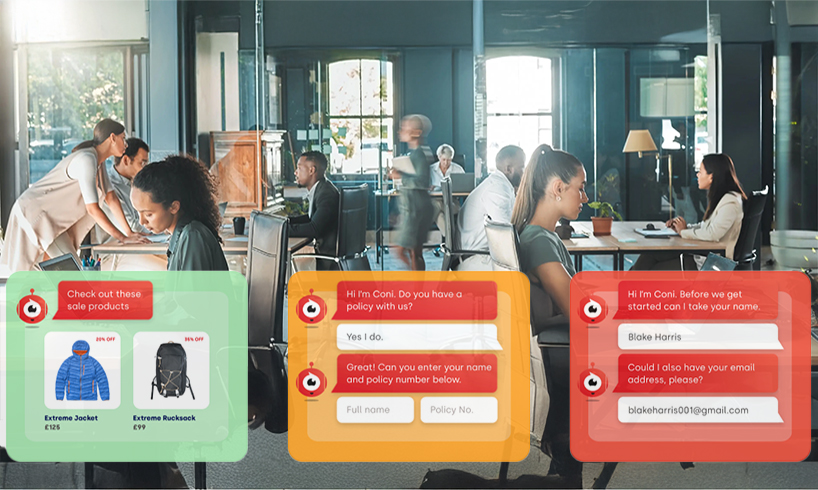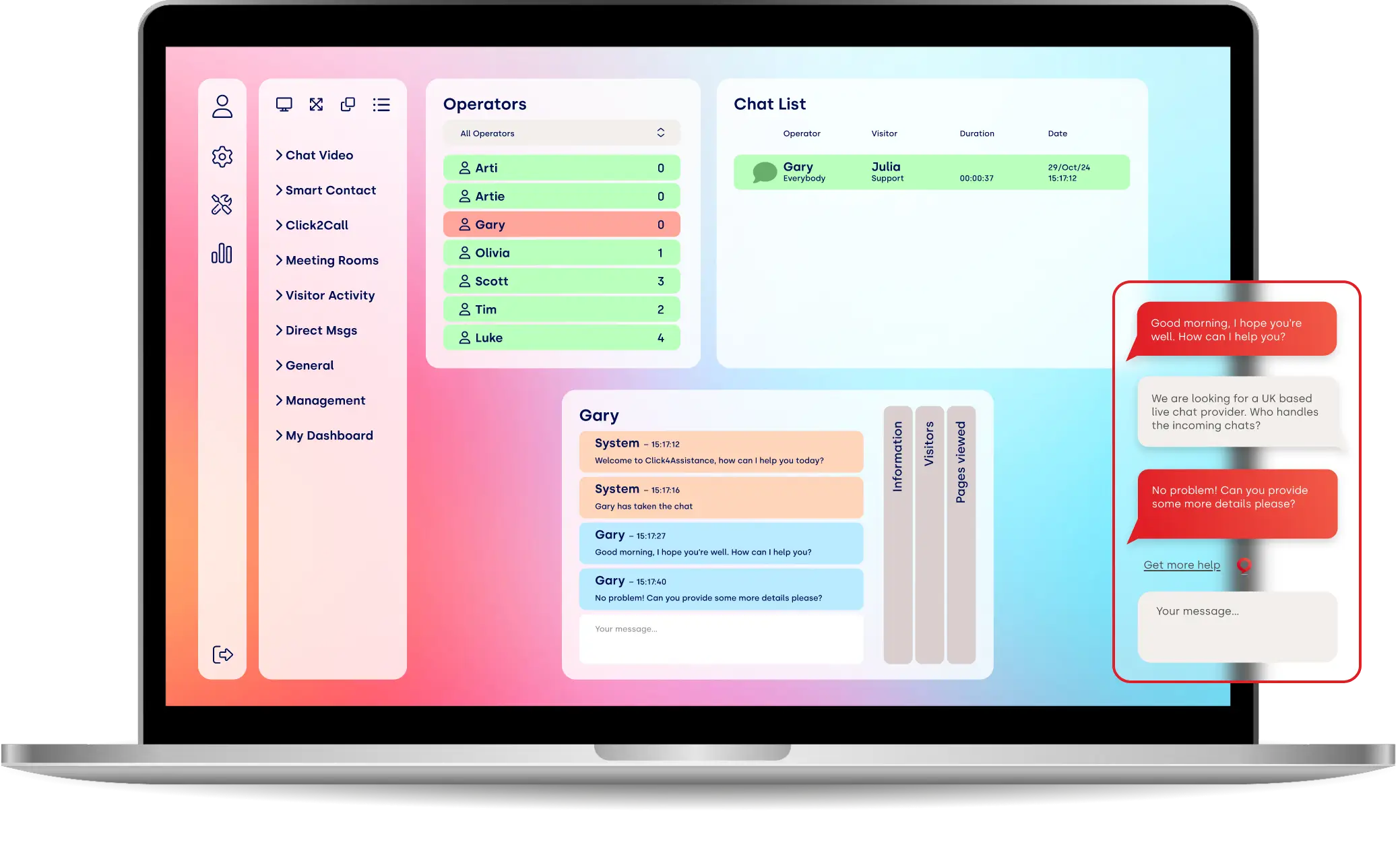How AI Chatbots Are Transforming Healthcare

AI chatbots and the underlying technology are profoundly changing medicine, improving the patient experience while boosting efficiency and fighting fraud.
AI chatbots are transforming healthcare in numerous ways. Artificial intelligence has the potential to remake the industry by providing solutions to intractable operational and medical problems. So much so that some commentators believe we are on the cusp of a much more efficient and regeneratively-focused paradigm shift.
Automated Medical Consultations
For example, AI chatbots may soon automate some aspects of medical consultations. Researchers from Vanderbilt University investigated ChatGPT 3.5 and ChatGPT 4’s ability to answer medical questions. Thirty-three physicians from 33 specialities concocted 284 challenging questions to see how accurately the large language model (LLM)-powered tool answered them.
Surprisingly, only 8 per cent of answers were false, usually in response to the most challenging questions. A further 12.2 per cent were incomplete. However, well over half were complete and either accurate or nearly accurate, alluding to the tool’s utility.
Moreover, ChatGPT’s answers improved over time. Testers found the system could provide more complete, accurate, or detailed responses when they included more information or additional instructions.
The belief is that healthcare chatbots can provide extensive automated services to patients. System users can talk to them to learn more about their conditions and the best treatment available. Many individuals are already going online and using ChatGPT for this purpose already.
Improved Healthcare Diagnosis Efficiency
Another benefit of chatbot-related technology could be an increase in healthcare diagnosis efficiency. Computer systems could analyse scan and biopsy-related data to statistically establish the most likely cause of patients’ systems without requiring extensive input from medical diagnosticians.
Deep learning has already proven its merit in these applications. A University of Hawaii study found that systems with the technology offered accurate breast cancer risk prediction. Another group at MIT used machine learning to identify a type of heart condition in chest X-rays, again, with significant success.
Reduced Fraud
AI chatbots may also be valuable tools in the fight against medical fraud. Sophisticated systems could reduce the $380 billion a year that stakeholders extract from the health industry through spurious insurance claims, billing for unperformed costly procedures, and unbundling of composite treatments for higher individual pricing.
Systems could do this by tracking insurance claims and patterns digitally and flagging anything that looks suspicious. Human operatives could then review these events and investigate them more deeply.
The knowledge that such systems were in operation would change doctors’ and patients' attitudes. The risk of fraud prosecutions would rise, nudging people to be more honest.
Fewer Invasive Surgeries
AI chatbot technology could also find its way into embodied surgical robots. The same neural networks, natural language processing and LLMs can refine physical movement over time, as already demonstrated in Google’s labs.
This development could have profound implications for the invasiveness of surgery. Robots may be able to perform more delicate hand movements than human surgeons, letting them make fewer incisions and better manoeuvre around sensitive organs. Systems may also reduce blood loss by avoiding blood vessels and other tissues unrelated to the target site.
Reduction In Self-Administered Dosage Errors
Another way AI chatbots are transforming healthcare is by reducing dosage errors. Intelligent systems can carefully monitor how much medication patients take and warn them if it is too little or too much.
This application could have far-reaching implications. Data suggest over 70 per cent of diabetes patients don’t take medications as prescribed. AI-powered tools could potentially integrate with insulin pumps, telling patients if they are making mistakes with insulin pens or inhalers.
Virtual Nursing Assistants
AI chatbots are also transforming nursing by making real-time advice and help more accessible. Trained artificial intelligence systems can answer patients’ questions about medications and forward reports to doctors, keeping them apprised of their condition. The hope is that AI can take over these tasks to reduce time-consuming administration, freeing up staff to focus on other things.
While novel, patients welcome the idea. Around two-thirds say that they don’t mind using AI for around-the-clock access to nursing answers, indicating that such schemes could take off in the future. Integrated apps with existing devices should be straightforward, given existing technology.
Take Patient Enquiries Online
Another transformational effect of chatbot software is its ability to take patient enquiries online. Prospective patients no longer need to call receptionists to book appointments or ask questions – website-based chatbots can do all that for them.
Click4Assistance has a tool that lets clinics build a chatbot using a simple drag-and-drop interface to structure conversations. Bots can provide patients with answers, take bookings, or escalate to a human secretary if necessary.
Enhanced Healthcare User Experience
AI chatbots also can improve patients’ experience. AI can act as an intermediary between users and medical professionals, translating if necessary.
Eighty-three per cent of patients report poor communication as the worst aspect of their healthcare experience, with many struggling to understand dosage and diagnosis information.
AI-equipped with natural language processing (NLP) technologies could correct this. Advanced systems can translate in real time, providing patients with information in their native language. Doctors could do the same, using these tools to understand their patients.
NLP technology is also helpful for interpreting general patient inquiries and providing them with LLM-based assistance. Such approaches could provide information on treatment options, weighing the pros and cons.
Improved Administrative Workflow
Finally, medical providers are excited by the prospect of AI improving administrative workflow. Healthcare professionals currently spend a significant chunk of their time completing paperwork. AI chatbots could potentially reduce the number of mundane tasks they need to complete, freeing them up for more direct clinical investigations.
For example, AIs could perform note-taking tasks during consultations and automatically forward summaries to patients’ records. Physicians wouldn’t need to do this by hand.
AI could also make it more straightforward to share patient coding information with medical departments and insurers for billing purposes. Some estimates suggest the healthcare industry could save between $200 and $360 billion annually with broader AI adoption.
Ultimately, AI chatbots will change how the healthcare system administers medical services. Getting care could become as convenient as, say, sending an email or downloading an app.

























